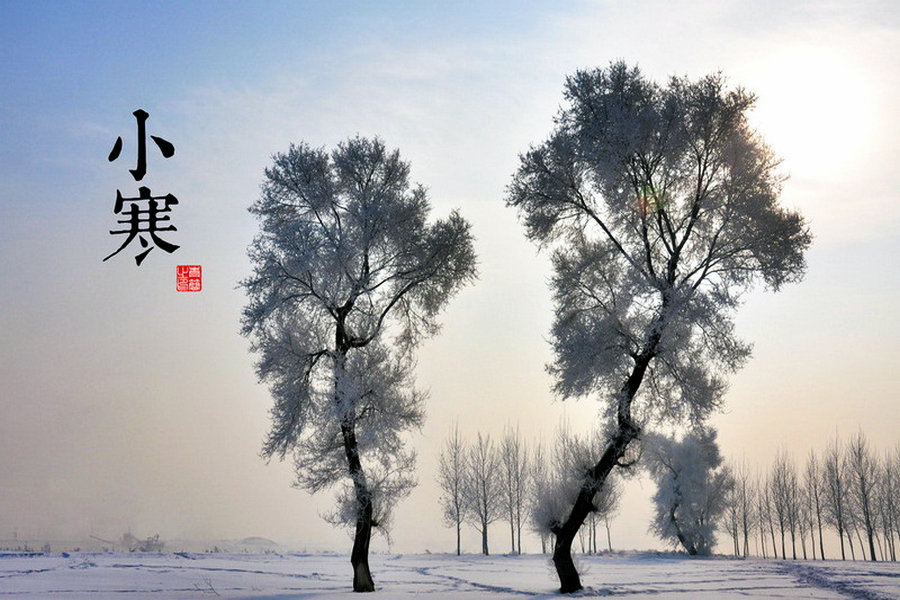
Minor Cold is the 23rd solar term of the 24 traditional Chinese solar terms. For most areas of China, it marks the start of the coldest days of the year. This year's Minor Cold starts on Jan 5. Many Chinese sayings use the weather and climate situation during Minor Cold to predict the weather in the following spring.
Still, bitter cold can't prevent people from enjoying their lives. Here are some things that help us stay warm during Minor Cold.

Stocking up for New Year
During Minor Cold, people always start stocking New Year goods, which include Spring Festival couplets, New Year pictures, paper-cuts for window decoration, fire crackers, incense and lanterns.
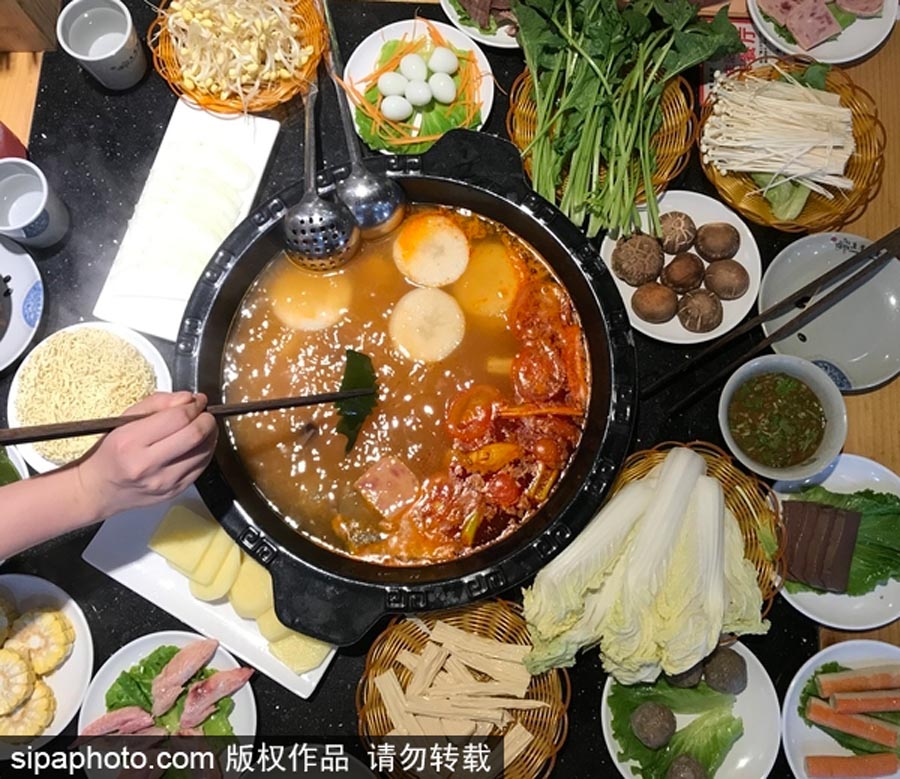
Mutton hot pot, chestnuts and baked sweet potato
Mutton hot pot, chestnuts and baked sweet potato are three recommended foods for Minor Cold. According to traditional Chinese medicine theories, people need to eat food that contains more yang energy to prevent cold from harming their organs. The yang energy in the three types of food is strengthened through their method of cooking: boiling, stir frying and baking.
Beef, sesame, walnuts, almonds and raisins are also good choices for Minor Cold.
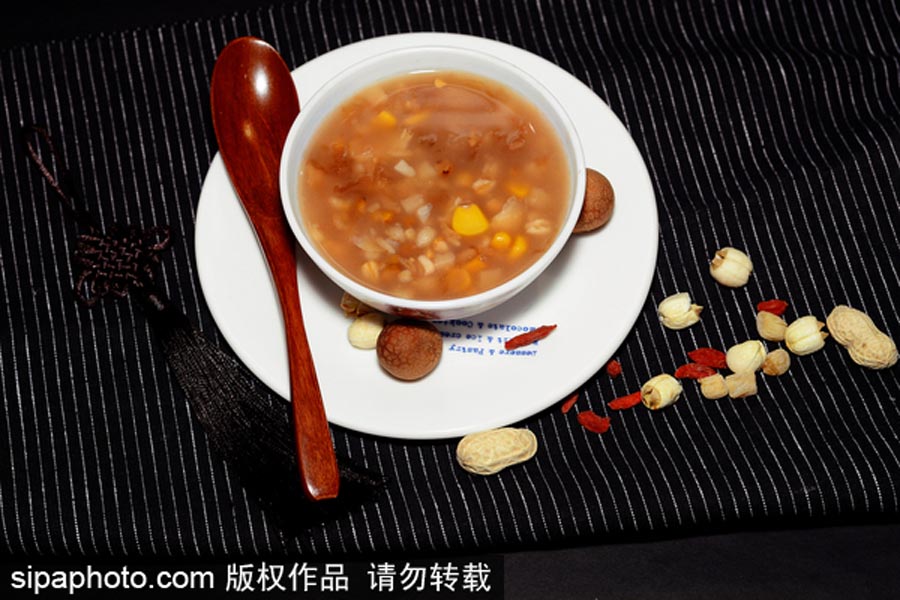
Eating Laba porridge
Another important traditional food for Minor Cold is Laba porridge. It is made from more than 20 kinds of nuts, cereals and dried fruits. Local people in Beijing often cook Laba porridge on the night of the seventh day of the twelfth lunar month. After one night's slow simmering, all the ingredients melt into the porridge in the morning of the eighth day, becoming a warm delicacy to enjoy on cold days.
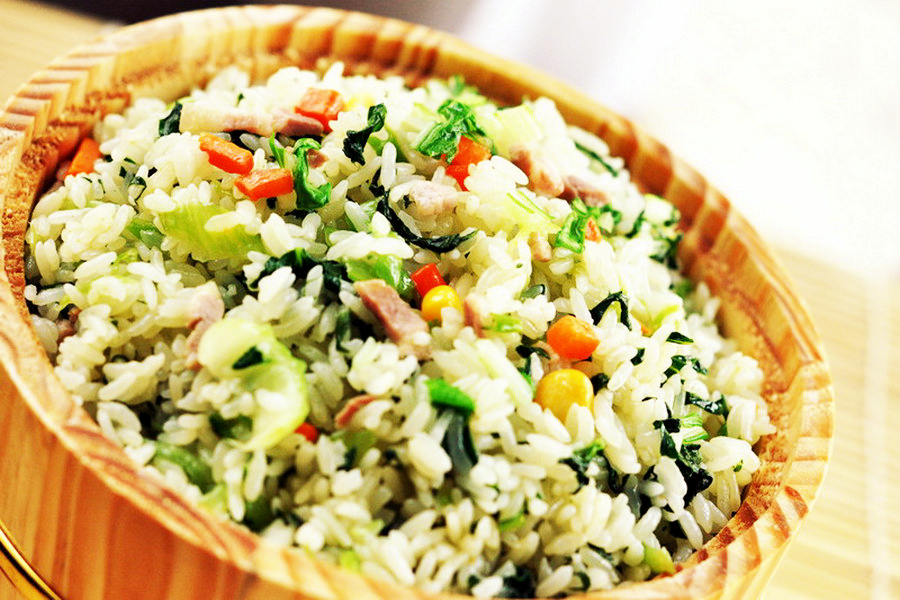
Tasting Nanjing vegetable rice
People in Nanjing used to take Minor Cold quite seriously, and they still keep a custom of eating vegetable rice to celebrate this solar term. The rice is steamed with aijiaohuang (a kind of green vegetable), sausage and salted duck that are all the specialties in Nanjing.
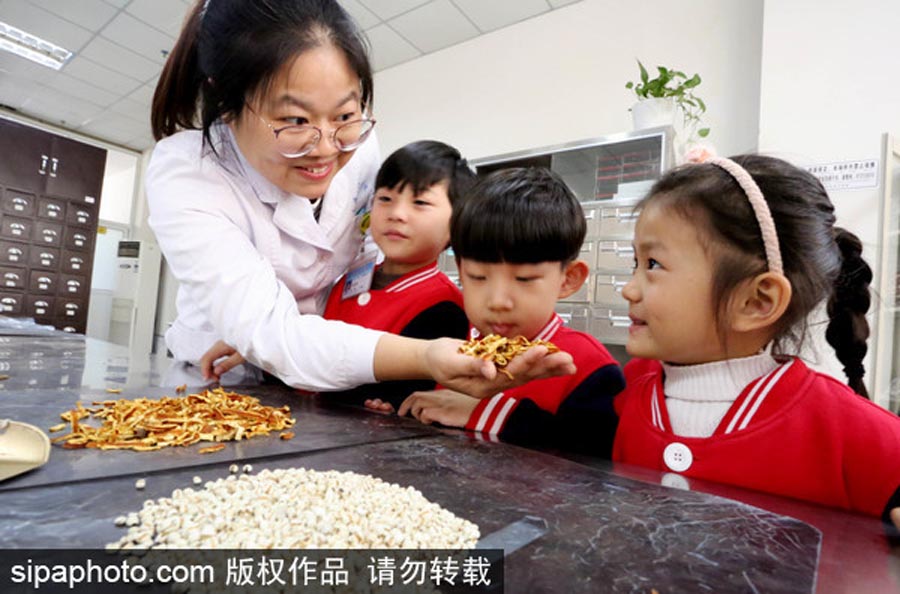
Making Chinese traditional herbal medicine
Minor Cold is also the busiest time for doctors and pharmacies of traditional Chinese medicine. Many people need them to prepare new medicines, which will be consumed before the Lunar New Year.





